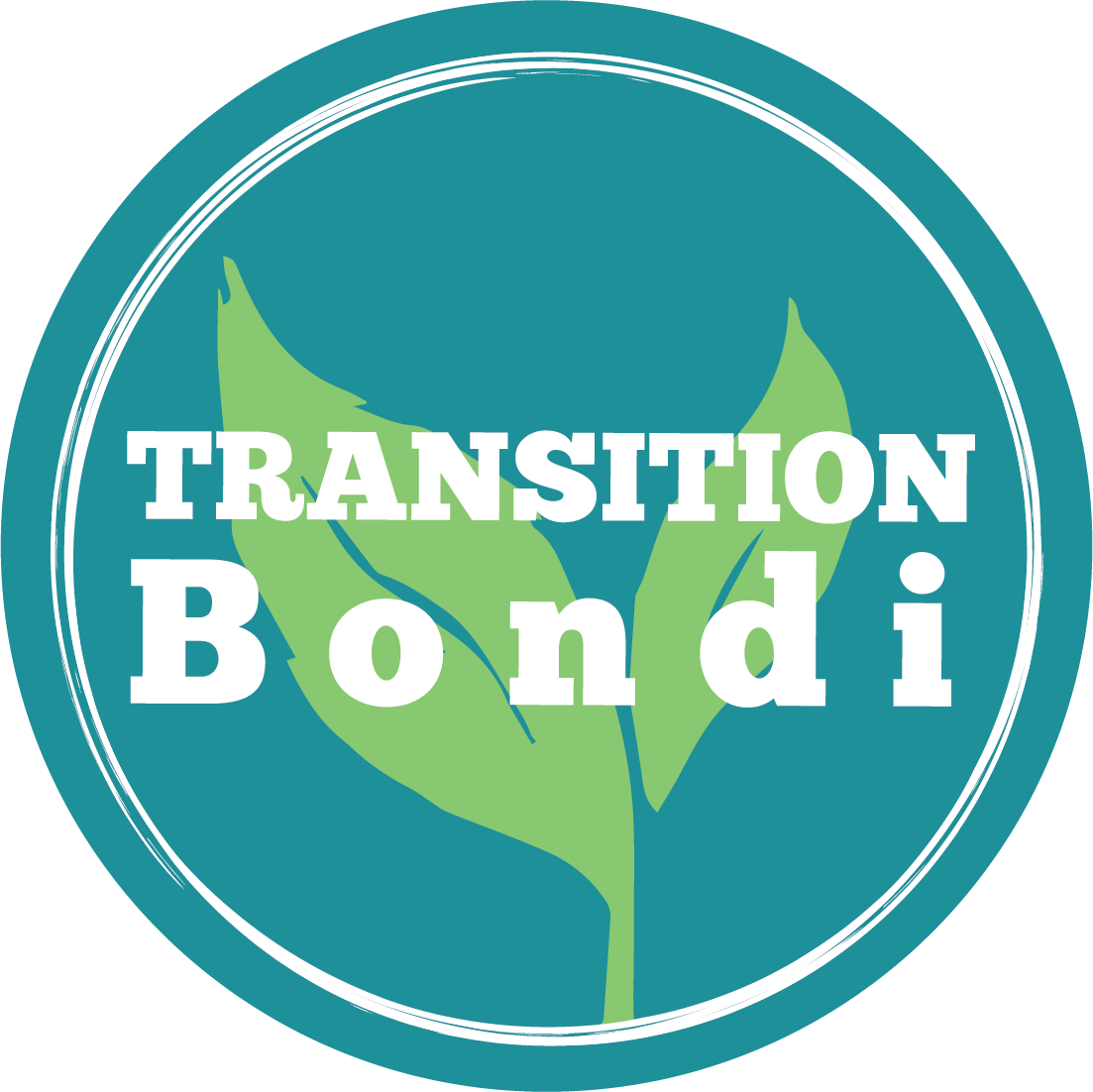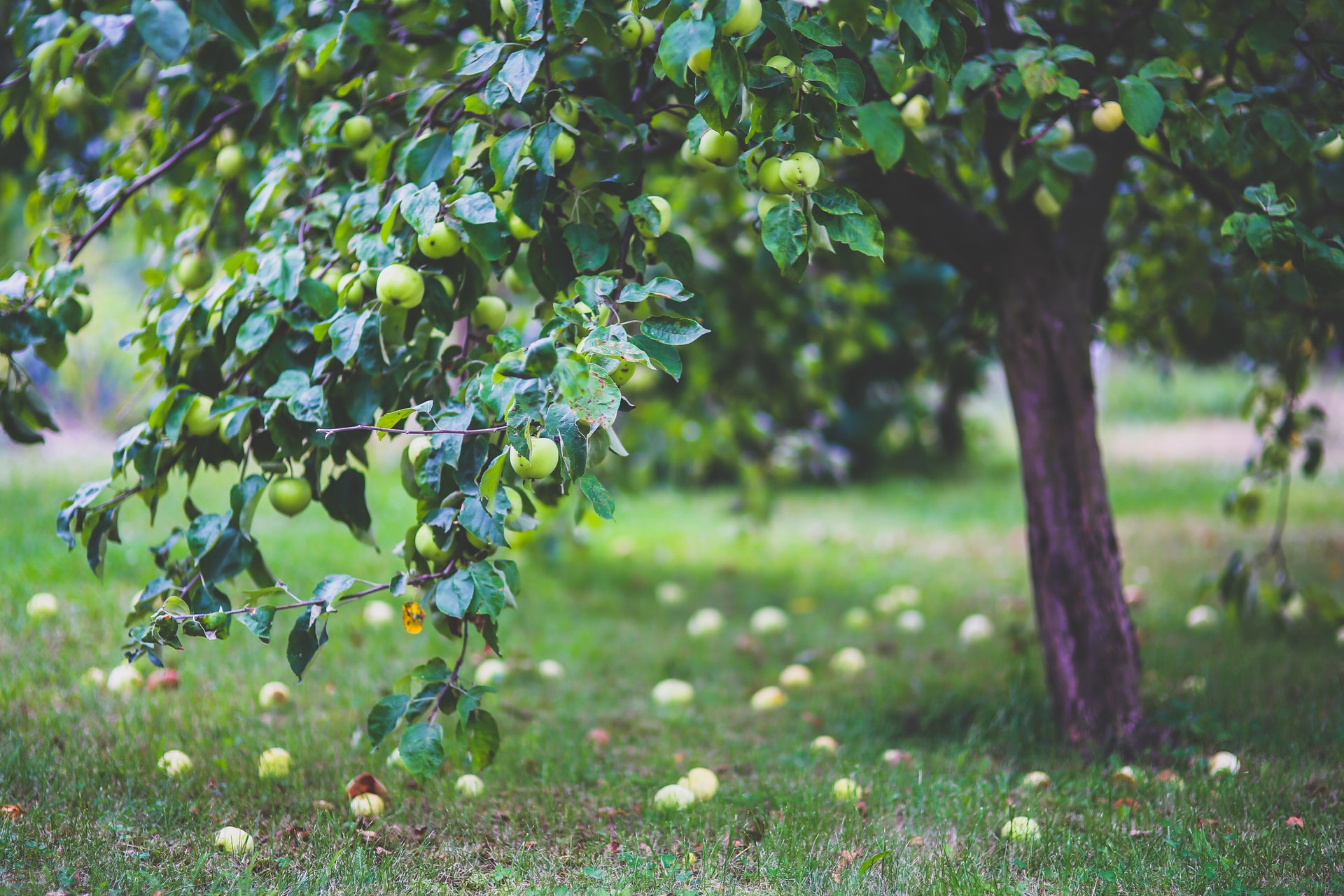Seeding the future: how saving seeds contributes to food security
Words by Kate
Transition Sydney founder, permaculture teacher and social entrepreneur Lance Lieber is backing the efforts of organic growers to save the wild gene pool and conserve our edible food crops – more specifically, making sure we heed the dire warnings of crop scientists and the Ecological Society of Australia about the loss of biodiversity, including heritage or non-hybrid fruit and vegetable varieties.
‘We used to have 10,000 apple varieties and now less than 2,000 varieties still exist,’ says Lance. ‘If you think that humans were eating apples 8,000 years ago and modern apple species came from four types of apple trees – that’s food for thought!’
‘For example in the 1800s and 1900s there were hundreds of apple varieties. Every family would have grown their own in the garden or on the farm. Now in Australia only 300 apple varieties remain in just half a dozen farms and of these at most six or seven types are sold in supermarkets. Even farmers’ markets don’t have that many!
‘The modern varieties we have left tend to be used for eating straight away, so we’ve lost the other varieties that we used to use to make cider, sauces and juice relishes. A lot of biodiversity loss means we’ve lost naturally pest-resistant varieties. That’s why growers monocrop with one variety because it’s easier to sell them to supermarkets. As a result they are forced to use sprays and pesticides.
‘The problem with this approach is that it leaves growers vulnerable to disease, and insects become pest-resistant.
A recent blight in Tasmania decimated the State’s apple crop. Modern banana varieties are prone to fungal attack.
‘We are at risk of losing our crops in the event of a natural disaster. That’s why farmers are trying to share the varieties they have so they can be propagated for future generations,’ Lance explains. ‘These efforts to preserve and plant seeds will take decades, but it has to be done for future generations.’
The good news is that organisations around the country, such as Heritage, Heirloom and Rare Fruit Societies, are trying to reverse the loss and preserve heritage varieties. On Facebook try Heritage and Rare Fruit Network NSW
In Sydney, Lance recommends the courses at the Permaculture Sydney Institute, which also has a country property near the small Hunter Valley town of St Albans. He recently attended a workshop on tree grafting, for example. As well as permaculture, courses cover aquaponics, 3D gardening, nut trees and protecting poultry. The news section has articles from top permaculture experts and educators, including From Way out to Very In, marking 40 years since the publication of Permaculture One by Bill Mollison and David Holmgren. Details at permaculturesydneyinstitute.org
Outside NSW, Pete the Permie grows 1000 types of fruit, including 300 apple varieties, on his hillside farm, Telopea Mountain Permaculture and Nursery, near Melbourne. Pete’s tagline is ‘We don’t just sell and grow food, we show you what to do with the bounty!’ The farm lists courses on heritage fruit, biodynamic techniques and cheese and cider-making. Details petethepermie.com.
In Western Australia, the Drylands Foundation’s Permaculture Farm propagates heirloom dryland Yilgarn seeds and herbs and trains volunteers in permaculture and organic techniques. Details: drylands.org.au/seeds
And as a vital first step to personal food security, says Lance, every one of us can support and strengthen the seed-saving movement by keeping seeds and swapping and sharing them. ‘Start a seed-savers’ group in your area, encourage others to join,’ he says. ‘If you think about it the seeds from our home-grown veggies and fruit are acclimatised to our area, so we know they will grow.’
‘Biodiversity preservation is essential for the survival of humans and all species.’
Whether you’re an experienced permaculturist or new to it all, we invite you to join in at our monthly Dig Days, every second Sunday of the month at the 241 Bondi Road Community Garden from 10am – 12 noon. Bring a hat and water for hydration.


Thankyou for the historical perspective on humans and apples; a nice way to get interested – via the small act of collecting our own seeds – in the mighty need to maintain bio-diversity.